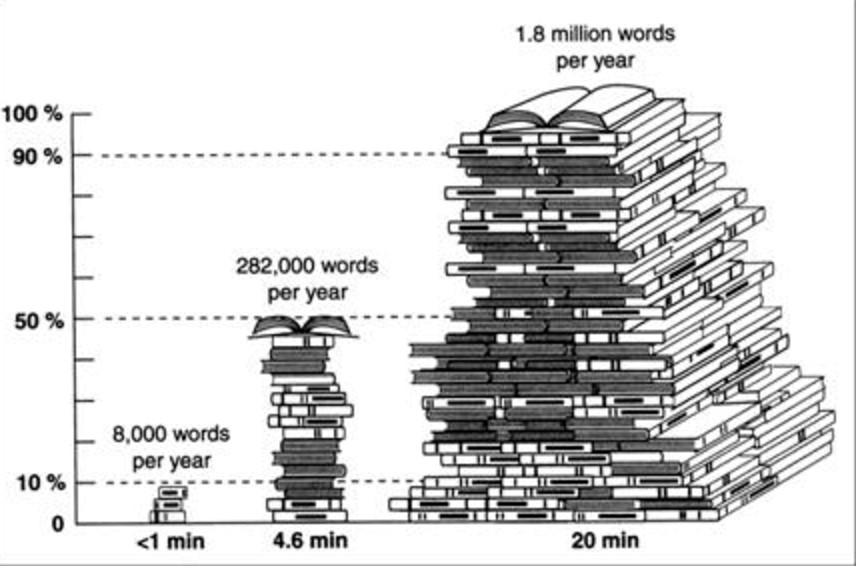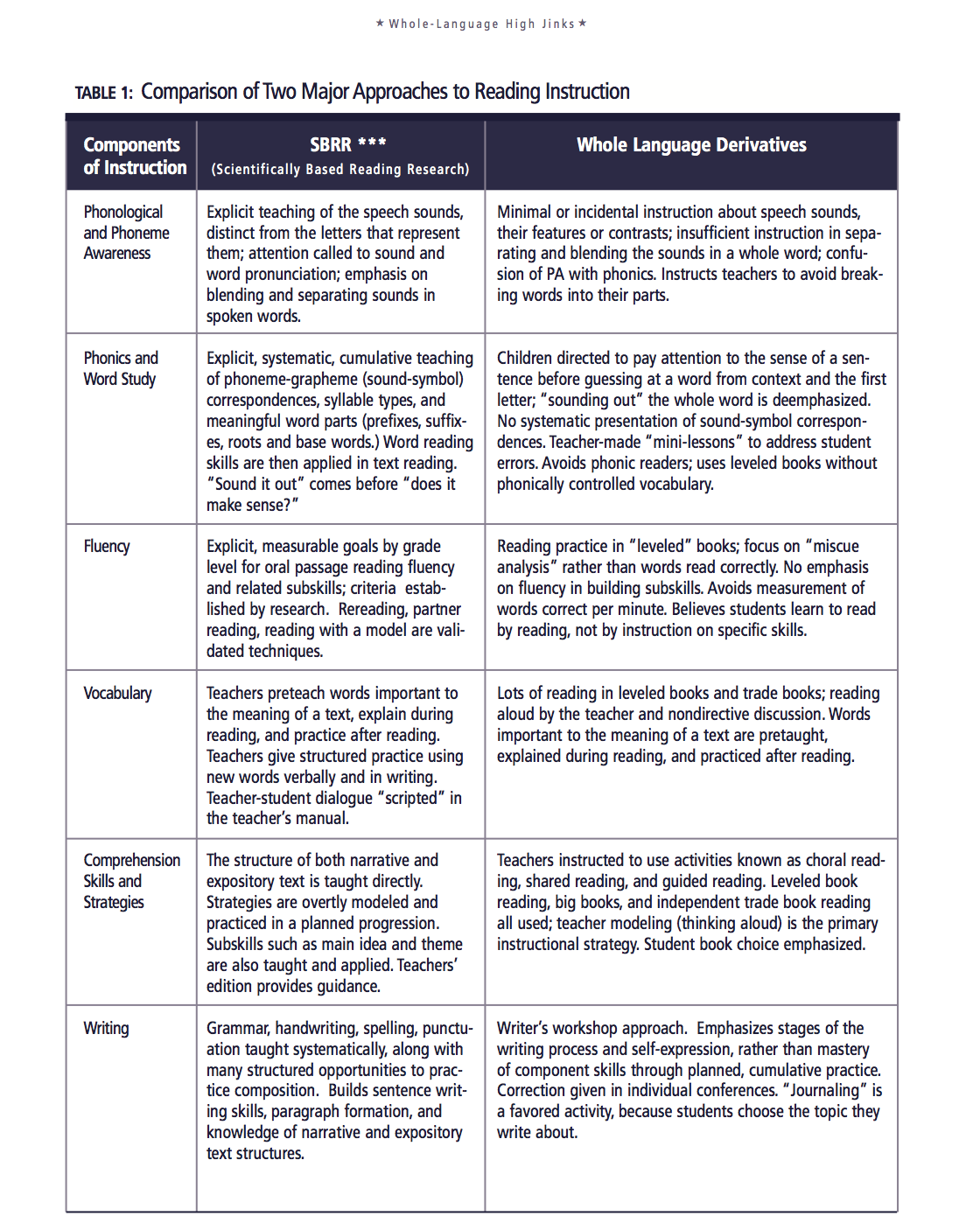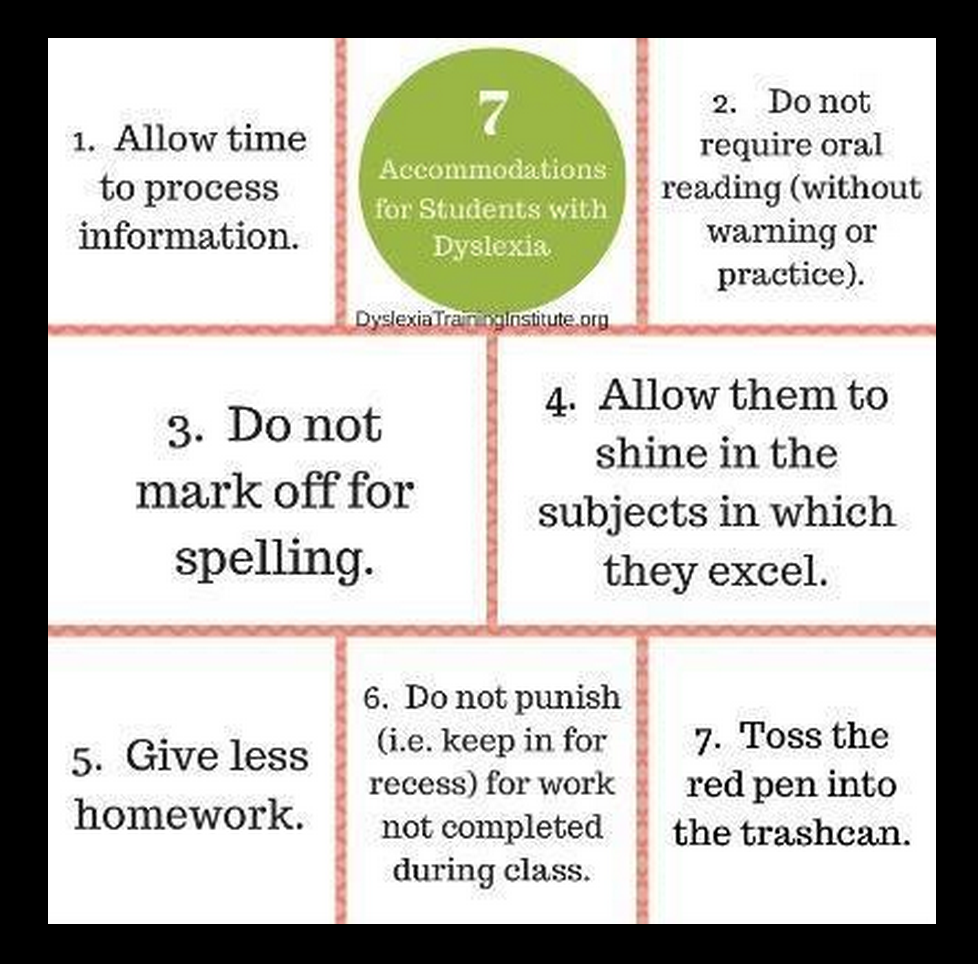Article by Jacki Reinert, Psy.D.
Tag Archives: Struggling Readers
Hooks in a Mental Closet by Dr. Richard Selznick
As part of an assessment I recently asked 17- year-old near senior, Bethany, “Who wrote Hamlet?” Looking bewildered, she said, “I have no idea.”
Then, when asked to define the word “tranquil,” she could not further no guess. Bethany had no association to the word.
By the end of the assessment, it turned out that Bethany scored in the 16th%ile for word knowledge and the 9th % ile for fund of information and general knowledge.
In contrast, Bethany functioned somewhat above average on tasks that were nonverbal, like putting blocks together to make spatial patterns and while analyzing a series of visual patterns.
“I think I have ADD,” Bethany said to me.
“What tells you that,” I asked her.
“When I read my mind wanders. I have no idea what I am reading. In class I can’t follow what the teacher is saying and have no clue what they are discussing. It has to be ADD – I think I should be on meds. Most of my friends are on meds.”
I get that kind of thing a lot – kids thinking they should “be on meds.”
Even though Bethany may benefit from stimulant medication, what I do know is that one of the primary reasons Bethany does not pay attention in class or while reading is that she lacks what I call “hooks in the mental closet.”
We used to think of reading as a fundamentally one-direction process. In this model words would go from the page to the brain. Researchers in the 1980s and 1990s enlightened us that reading (and listening to class lectures) was more of a two-way, interactive process.
The fact is the more “hooks we have in our mental closet” (the researchers used different terminology, mind you), the better we comprehend what we are reading or understand what we are listening to.
These “hooks” also help us to pay attention. While medication may help Bethany focus, she still needs to be building in background knowledge and word awareness to try and overcome her sense of feeling lost.
In short, Bethany needs to build in more hooks.
There are plenty of books on the market that may be helpful such as, “Words You Should Know In High School: 1000 Essential Words To Build Vocabulary, Improve Standardized Test Scores, And Write Successful Papers.”
I can tell you with pretty good assurance that Bethany knew about 15 % of the essential 1000 words.
Even if Bethany practiced two words per day for a year, she would be in much better shape with the 720 new words (365 words X 2) for the year that she could learn.
There would be 720 new hooks in her mental closet!!!
Takeaway Point
Hooks in the mental closet matter and may explain some of the reason your child is not paying attention or adequately comprehending. Try and build them in any way you can.
Make reading a priority this summer…..
With just a little over a month left of school, it’s time remember the impact that daily reading can make for students. Shaywitz’s (2003) graph below says so much

For those who find reading a challenge, summer is the time when just a little bit of intentional, focused oral practice every day can help a student get them back on track and regain their confidence.
For those that find reading and writing especially difficult, it’s a great time for multi-sensory scientifically based instruction, sometimes referred to as Orton-Gillingham or Structured Language approach, with a tutor trained in these methods to solidify skills. It’s time to work on skills that are lagging behind their peers, without the fatigue created by spending the day in the classroom. Students have a marvelous opportunity to make strong gains.
Whether you’ve planned some “academics” for your children or not, below are some ideas for summer activities. In addition, you could consider rewarding your child with an end of the week treat if they read at least a certain amount of time minutes for at least five days in the previous week (an old fashioned chore chart works well for this). 20 minutes a day 5 days a week is less than 2% of summer vacation. How much time do they spend practicing sports, playing computer games, or other things. Make reading a priority this summer.
Below are some ideas to encourage and enjoy reading. Need some ideas for “treats/rewards”? Try a DQ, a new book, a special dessert, and — a favorite at our house – having a picnic dinner.
- Find a movie based on a book. Watch the movie, then read/listen to the book. Talk about the differences and similarities.
- Go to the library and borrow some books and games.
- Pre-read some of the books that will be part of next year’s reading. (Get that list from the teacher before school ends.)
- Do a read-out-loud book.
- Make dinner together—read the recipe, measure the ingredients, learn about the chemistry of cooking.
- Play board games and card games.
- Encourage your child to read to a pet or younger sibling/neighbor.
- On a rainy day, have your children curl up with comic books or magazines.
- Have your child plan a dream day somewhere. Be creative: they could write about it, make a collage, research with a travel book, or just talk about their ideal day. Make sure you share your ideas, too.
- Have a TV/technology free day.
- Once a week, “drop everything and read” for 15 minutes … everyone in the house has to participate.
- CREATE A READING HABIT!!!
Reference
Shaywitz, S. (2003). Overcoming Dyslexia: A new and complete science-based program for reading problems at any level. New York, NY: Vintage Books.
Scientifically Based Reading Instruction
This is a nice comparison from Dr. Louisa Moats in her article The Whole-Language High Jinks: How to tell when ‘scientifically-based reading instruction’ isn’t. We need Scientifically Based Reading Research driving our reading instruction. (Moats. L., 2007, pg 18)

2017 Dyslexia Day on the Hill
2017 Dyslexia Day
Date: Tuesday, February 21, 2017
Time: 9:30 – 2:00 pm
Place: Minnesota State Capitol Rotunda
Details –Click here
FIVE CLASSROOM PRACTICES YOUR DYSLEXIC KIDS DON’T NEED
From Emily Gibbons at The Literacy Nest
FYI- This is an opinion post based on working with dyslexic children for 16 years and speaking with hundreds of teachers who work with them.
Weekly spelling tests are great for kids with excellent rote memory. You get your words on Monday, you practice all week, cram on Thursday night and test on Friday. The cycle starts all over the next Monday. We don’t create successful spellers in this cycle. And if you have dyslexia, you need a structured approach to phonics and spelling that focuses on one pattern, rule or skill at a time. Too many lists go home that teach TOO MANY RULES. It’s difficult to teach spelling skills for mastery when there are too many skills within one list.
This is another rite of passage in many classrooms as is the weekly spelling test. Kids need practical strategies that will help them build flexibility and fluency with their math facts. Rote memorization of facts is a source of stress for many children with dyslexia. Anyone under stress knows one thing: learning will not happen with fear. Give tools, practice things like skip counting and looking for patterns in multiples, instead.
When I was a classroom teacher, I was guilty of giving out the Monday packet to be completed and turned in by Friday. There is a great debate going on about giving homework at all. Cutting the quantity for a dyslexia child is leveling the playing field when you consider the amount of time and mental energy it takes to get through a single homework assignment, especially after a long school day. For older students, cutting quantity might be easy to do when you have been assigned a report. But the pathway to get there can be reformed with assistive technologies.
Let’s be clear. SSR is NOT the same as structured independent reading time within a literacy block. SSR is futile if a child is reading a book that is too challenging or abandoning books every day. No one wants to see a struggling reader left out to pasture in a manner of words. Teachers need to assist children with appropriate book choice and then check in with them through mini conferences or use of a sticky note or reading log. This should happen more frequently for dyslexia readers. Dyslexic readers should have access to audio books as much as possible.
I see this happening a lot with dyslexia kids. Listen, they know they have a hard time with spelling. Circling a bunch of spelling errors in red or purple or marking them down will not help them improve. I will say, however, as an O.G. teacher that holding kids with dyslexia accountable for the lessons that have had explicit phonics instruction is a good thing. We teach for mastery in O.G. If my student has mastered the FLOSS Rule, then I will expect them to try their best to apply that rule in their writing. The key is to have accountability in spelling in small doses, not overwhelmingly long lists of rules.”
Dyslexia – Knowledge, Awareness, and Empowerment
This fall, my friend Sara and I taught a community education class on Dyslexia and received many positive comments from those that attended, so we decided to do it again.
Here are the details:
Dyslexia – Knowledge, Awareness, and Empowerment
Dyslexia is a learning challenge facing many children. Come learn about dyslexia and other learning difficulties. The main objective of the class is to discover tools and attitudes that will empower students with learning struggles. This is a great survey course for parents and instructors.
Classes are Monday evenings at Ordean East Community School on Feb 22th, 29th and March 7th from 6:30 to 8:30pm.
Click here to sign up.
I will also be hosting a community education session:
Struggling Learners – What a Parent Should Consider
Is this year hard for your child? How can you help your child be more successful at
school? Homework takes hours and we’re still in elementary school, should it be this
hard? We’ll talk about reasons why kids struggle, how to help and how work with his/her
teacher.
This class is Tuesday, Feb 9th at Lincoln Park Middle School from 6:30-8:30pm.
Register here.
Thoughts from Fernette Eide MD at Dyslexic Advantage……..
”
From the University of Washington: “Structural brain differences between children with dyslexia and dysgraphia and children who are typical language learners have been observed…Researchers say the findings prove that using a single category of learning disability to qualify for special education services is not scientifically supported.”
In a recent misplaced effort by the American Psychiatric Association, the latest update of the DSMV proposed lumping dyslexia under the general category of SLD or Specific Learning Disability. The problems are multiple, but the practical dilemma faced by students and teachers is that if differences aren’t named or recognized, chances are the solutions aren’t either.
 What Berninger and her colleagues have found are different neural signatures for dyslexia and dysgraphia: “contrasting patterns of white matter integrity between dyslexia and dysgraphia was the greater perpendicular radial diffusivity in seven brain regions on the right in dyslexia but left in the dysgraphic group.” Discussing this research, Berninger added: “the two specific learning disabilities are not the same because the white matter connections and patterns and number of gray matter functional connections were not the same in the children with dyslexia and dysgraphia — on either the writing or cognitive thinking tasks.
What Berninger and her colleagues have found are different neural signatures for dyslexia and dysgraphia: “contrasting patterns of white matter integrity between dyslexia and dysgraphia was the greater perpendicular radial diffusivity in seven brain regions on the right in dyslexia but left in the dysgraphic group.” Discussing this research, Berninger added: “the two specific learning disabilities are not the same because the white matter connections and patterns and number of gray matter functional connections were not the same in the children with dyslexia and dysgraphia — on either the writing or cognitive thinking tasks.
Federal law guarantees a free and appropriate public education to children with learning disabilities, but does not require that specific types of learning disabilities are diagnosed, or that schools provide evidence-based instruction for dyslexia or dysgraphia. Consequently, the two conditions are lumped together under a general category for learning disabilities, Berninger said, and many schools do not recognize them or offer specialized instruction for either one.
“There’s just this umbrella category of learning disability,” said Berninger. “That’s like saying if you’re sick you qualify to see a doctor, but without specifying what kind of illness you have, can the doctor prescribe appropriate treatment?”
“Many children struggle in school because their specific learning disabilities are not identified and they are not provided appropriate instruction.”
Read the Berninger group’s original research paper HERE.
Read The Problem with Schools Not Identifying Dyslexia.
There are other interesting tidbits in the paper, for example the observation of “the dyslexia group’s strong functional connectivity than the control group during resting state (default network)”. The authors interpreted this observation only in a negative or deficit-focused framework, but of course, the default network has a strong role in creative problem solving and mental simulation.”
http://blog.dyslexicadvantage.org/2015/05/20/got-science-dyslexia-and-dysgraphia-are-different-and-why-sld-should-rip/
Accommodations
Upcoming Community Events
Parents Advocating for Student Success in EDucation (PASSED)
Monthly Lunch Gathering
Bixby’s Bagels (Mount Royal Shopping Center)
Wednesday, May 21st
11:45 ish to 1:00 ish
The movie “Journey into Dyslexia” will have two showings:
Monday, May 19th @ 6:30pm @ Cloquet Gospel Tabernacle
and
Thursday, May 22nd @ 6:30 @ Myers-Wilkins School (old Grant)
Questions call 340-7393 or email dwyers@boreal.org

